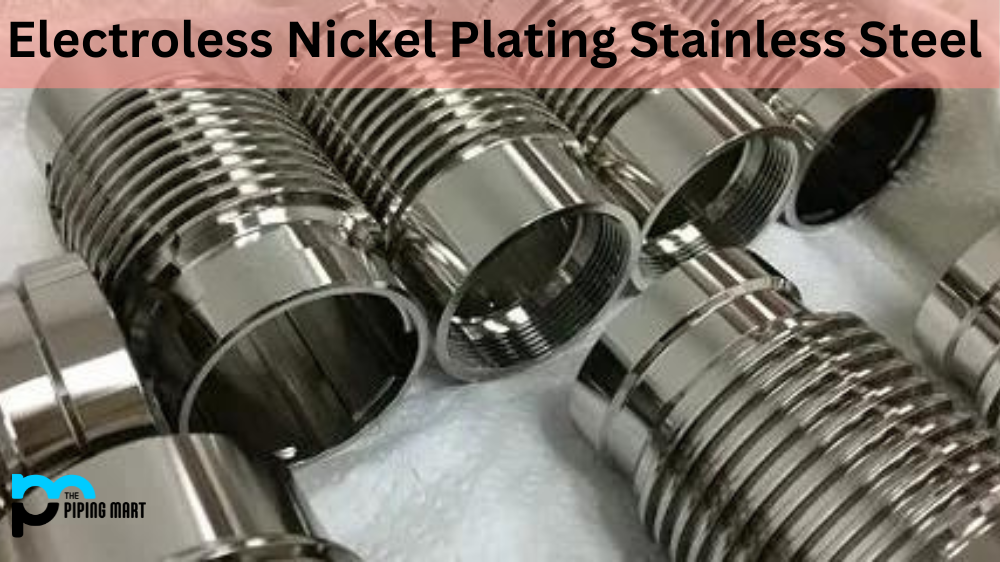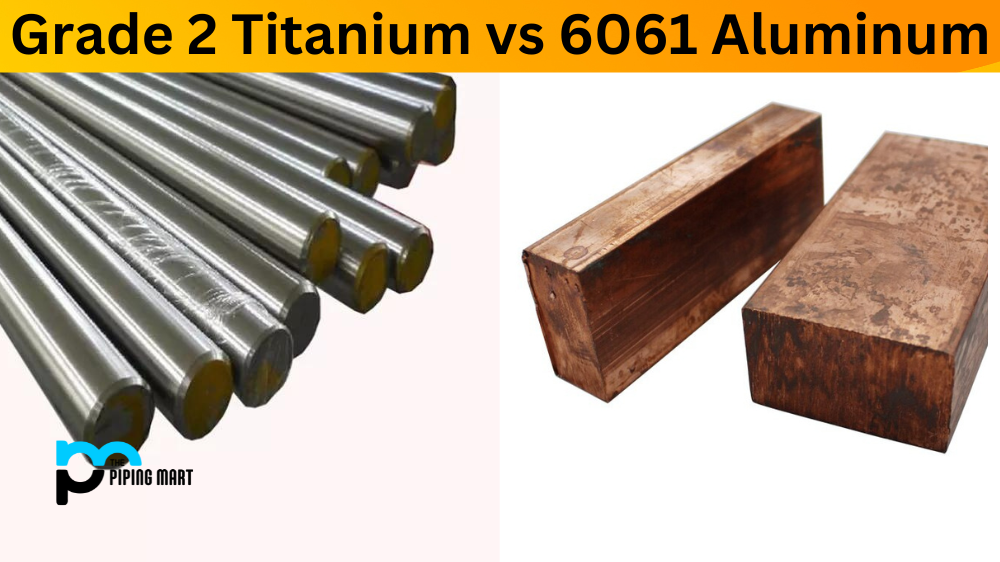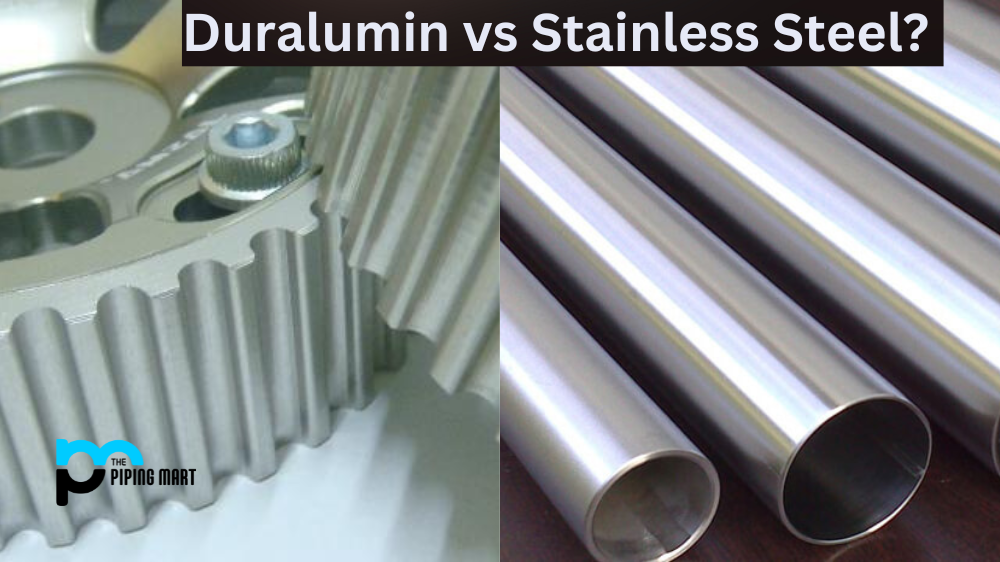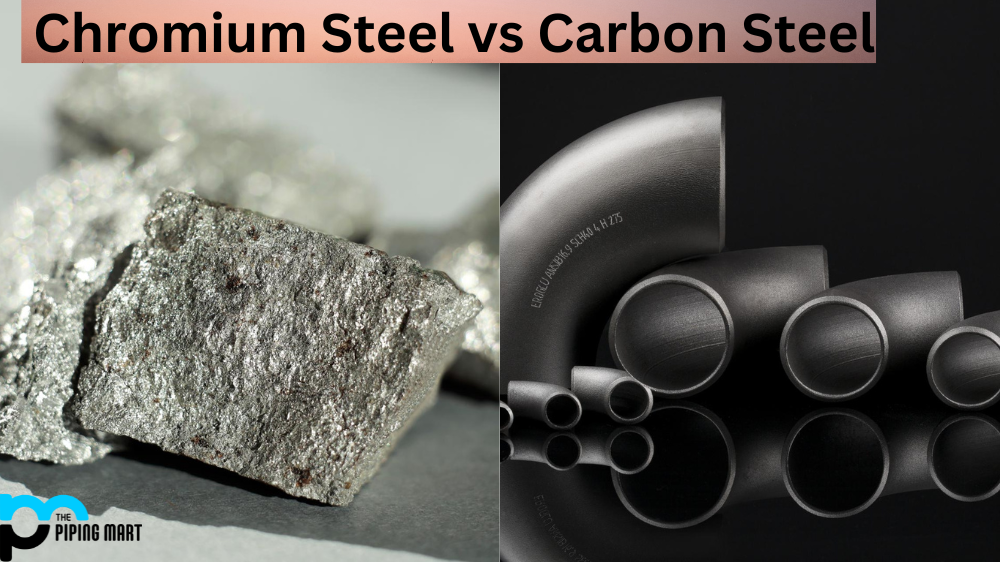If you are looking for an effective way to protect your stainless steel from corrosion and wear, then electroless nickel plating may be the perfect option for you. This process is one of the most popular methods for coating metal surfaces, and it can provide various benefits for stainless steel. Let’s look at electroless nickel plating and why it is such an excellent choice for stainless steel.
What Is Electroless Nickel Plating?
Electroless nickel plating (ENP) is a type of electroplating that uses autocatalytic chemical reactions instead of electric current to coat metal surfaces with a thin layer of nickel-phosphorus or nickel-boron alloy. ENP provides the same level of protection as traditional electroplating but without the need for electrical current. It is also very cost-effective and can be used on many metals, including stainless steel.
Benefits Of Electroless Nickel Plating Stainless Steel
One of the main benefits of using ENP on stainless steel is its ability to provide superior corrosion resistance. The nickel-phosphorus or boron alloy layer helps prevent moisture from seeping into the metal surface, preventing rusting and pitting. ENP can also improve wear resistance by providing a harder surface than untreated stainless steel. This makes it ideal for applications where the metal needs to withstand frequent use or contact with abrasive surfaces. Finally, ENP also provides excellent electrical conductivity, making it a perfect choice for components that require electrical connections or signal transmission capabilities.
Conclusion:
Electroless nickel plating can be an excellent choice for protecting your stainless steel components from corrosion and wear. This method offers superior performance to traditional electroplating while still being cost-effective and easy to apply. Plus, it provides excellent electrical conductivity, making it suitable for many applications where electrical properties are essential. For these reasons and more, ENP is becoming increasingly popular among those looking to protect their stainless steel components in the best way possible.

Hey, I’m Krutik, a casual blogger expert in the metal industry. I am passionate about providing valuable information to my readers. With a background in engineering and construction, I like playing Cricket & watching Netflix shows in my free time. Thank you for visiting my blog, and I hope you find my information helpful!




